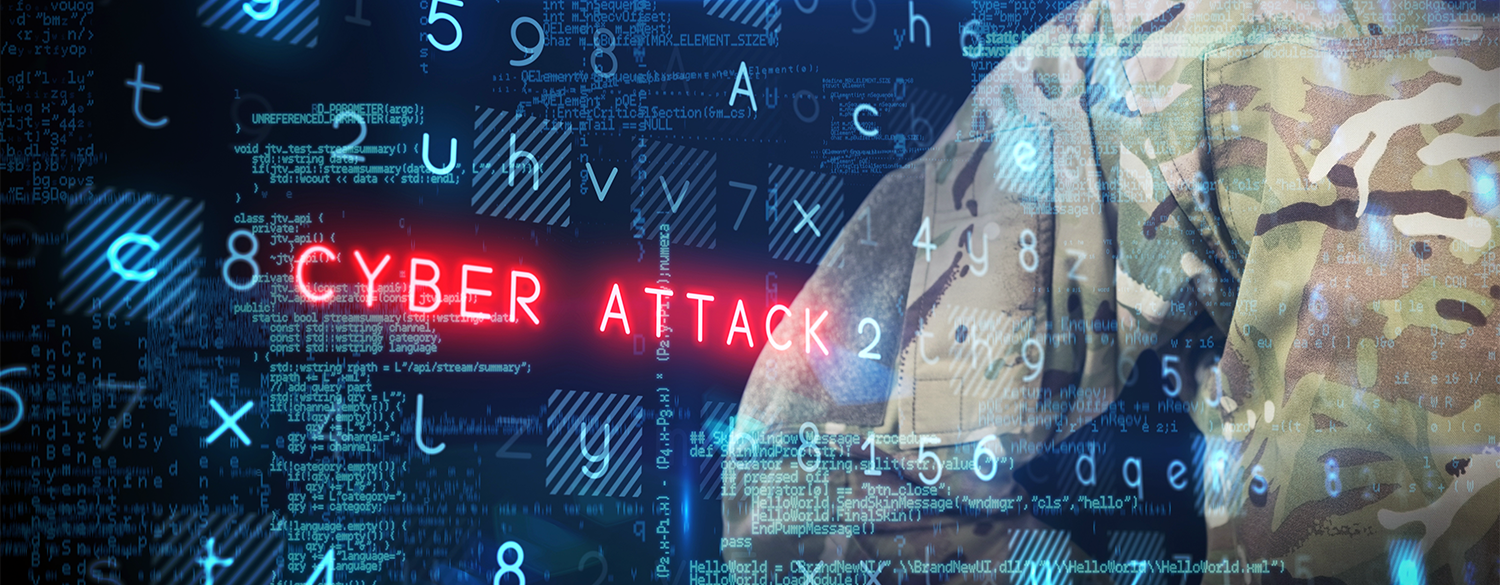Kerby Anderson
In the 21st century, warfare doesn’t always happen on the battlefield. Cyberwarfare is becoming an important tool for many countries. That is why we have been seeing warnings about cyberattacks against the West and the US.
With US sanctions being used against Russia, Professor Ryan Wright (University of Virginia) predicts that “it is only a matter of time until the US is targeted more directly. This may mean attacks on your personal device through ransomware but also attacks on the infrastructure such as your internet access or even the power grid.”
We have seen such attacks in the past on the SolarWinds on the Colonial Pipeline. These were state-sponsored actors using increasingly sophisticated cyberwarfare. Russia might try to disrupt financial systems and crucial infrastructure such as the power grid or oil production to put pressure on the US to relent on sanctions.
Dr. Amy Zegart (Hoover Institution at Stanford) is the author of Spies, Lies, and Algorithms. In a recent conversation she noted this paradox: “In cyberspace, the most powerful countries, including the United States, are simultaneously the most vulnerable countries because we are so digitally connected. And that’s especially true of democracies because our freedom of speech enables the possibility of deception at scale. And, of course, the good neighborhoods and the bad neighborhoods in cyberspace are all connected, as we find out when our information is stolen or hacked.”
The Russian invasion of Ukraine has been taking place more than 5,000 miles away. While the military battlefield is far away, a cyberattack could be as close as your computer and cell phone. And I’m not sure we are ready for those attacks.
 Listen Online
Listen Online Watch Online
Watch Online Find a Station in Your Area
Find a Station in Your Area










 Listen Now
Listen Now Watch Online
Watch Online
